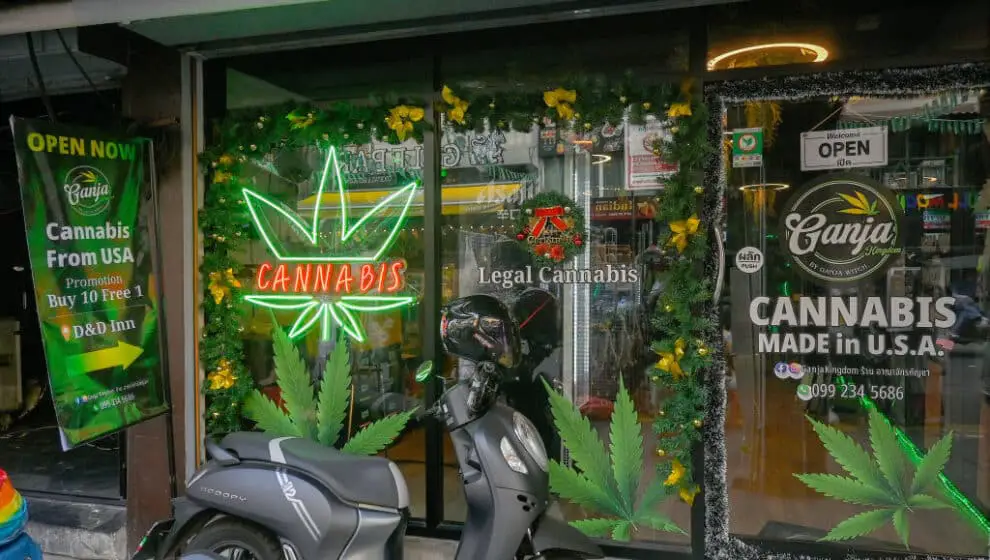The federal bill to reform the marijuana laws allowing retail business to interact with the U.S. banking system died in Congress.
Key Details
- The SAFE Banking Act regarding the disposition of funds gained through the U.S. cannabis industry did not make it through Congress.
- Dispensaries cannot participate in traditional banking practices, so if the bill passed, it would ban penalizing banks that provide services to cannabis-related businesses.
- The bill also would have allowed cannabis retailer to write off the cost of expenses that traditional business can write off, such as payments to employees.
Why it’s news
Some 37 states have legalized marijuana for medical purposes and 21 of those for recreational use. The legal sale of cannabis will generate about $11 billion in revenue. But because it is not legal under federal law, state businesses are greatly hampered in what they can do.
In addition to not permitting interstate trade or transport, funds used in the sale of legal cannabis cannot run through the banking system, which falls under federal regulation. So it’s mainly a cash business, and may costs may not be deducted from federal taxes.
Proponents of this bill are frustrated after the SAFE Banking Act dies in Congress yet again.
The cannabis industry has stressed the SAFE Act’s importance, which would stop banks from being penalized for providing services to cannabis-related businesses.
Marijuana dispensaries in legal states only have to run on cash because the cannabis industry cannot participate in traditional banking practices.
Considering the fact that the bill failed, dispensaries will have to continue being cash only—and banks can potentially be penalized for helping anything tied to the marijuana market.
“In failing to enact the SAFE Banking Act, the Senate missed an opportunity to pass one of the rare pieces of legislation that has the support of both Republicans and Democrats, along with the majority of the American people,” says the CEO of the U.S. Cannabis Council Khadijah Tribble. “To say we are disappointed is an understatement.”
Many are hurt by the act not passing, considering President Joe Biden had voiced that The White House would be more open to marijuana reform.
In October, Biden the first official review of marijuana’s federal classification since Richard Nixon, and in December signed into law a bill that will allow for more cannabis research.
“Our small businesses, law enforcement, and communities deserve better,” says Montana Sen. Steve Daines.
Opponents of the bill state that cannabis is a Schedule 1 drug, along with heroin, for good reason: because it’s harmful. It’s legalization would remove the stigma and condone its use.

